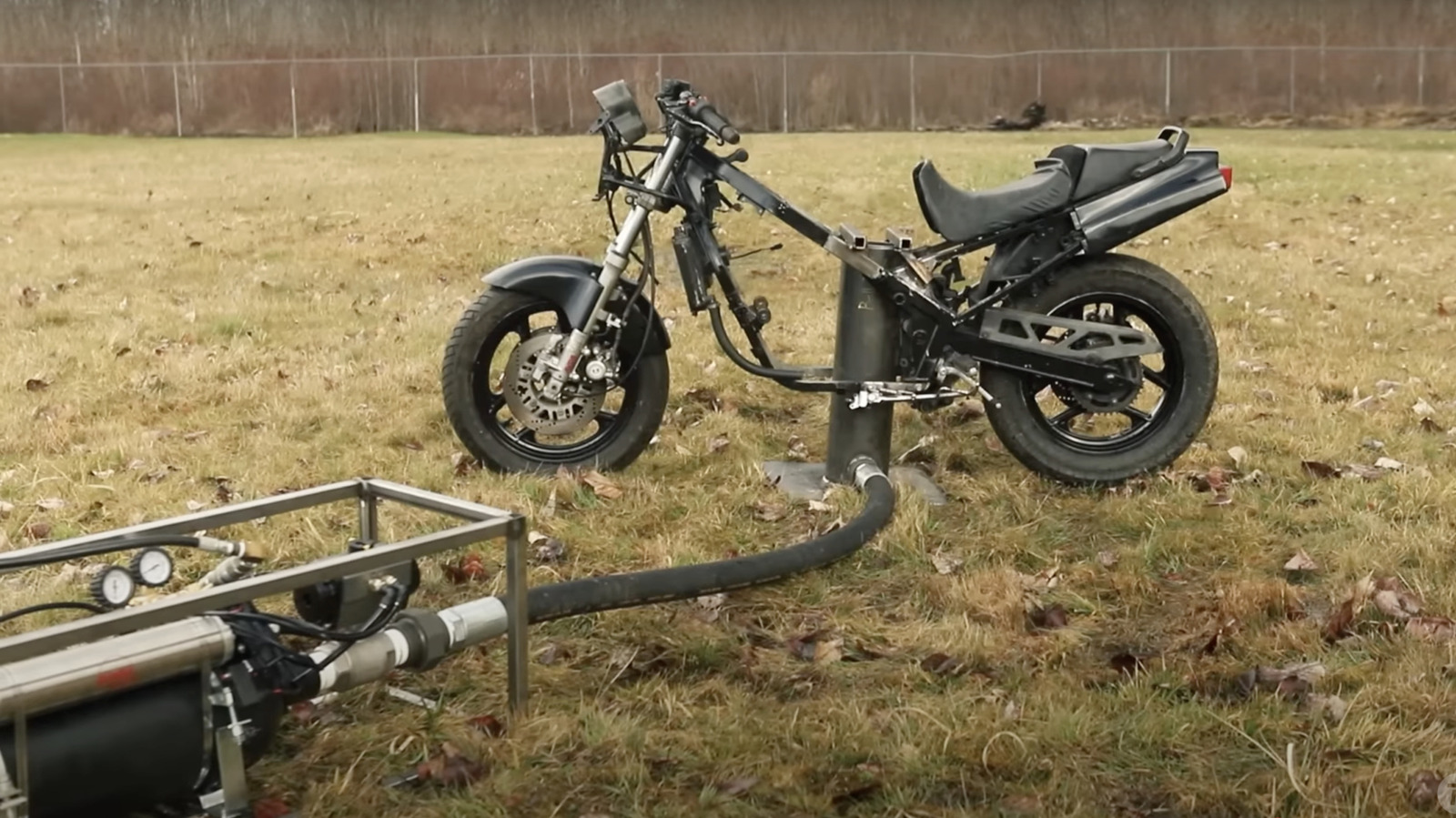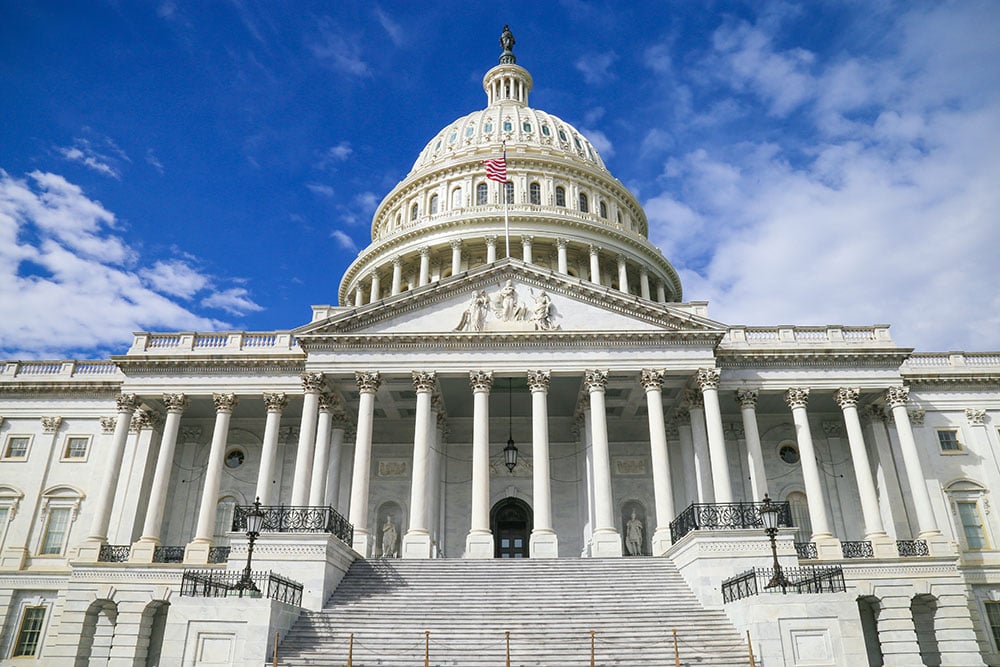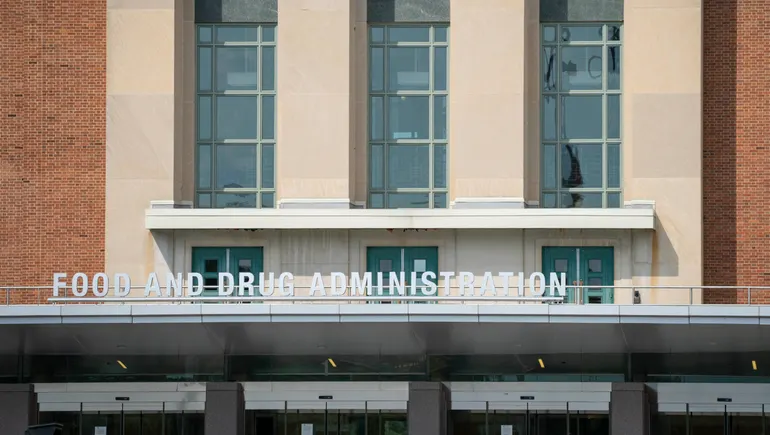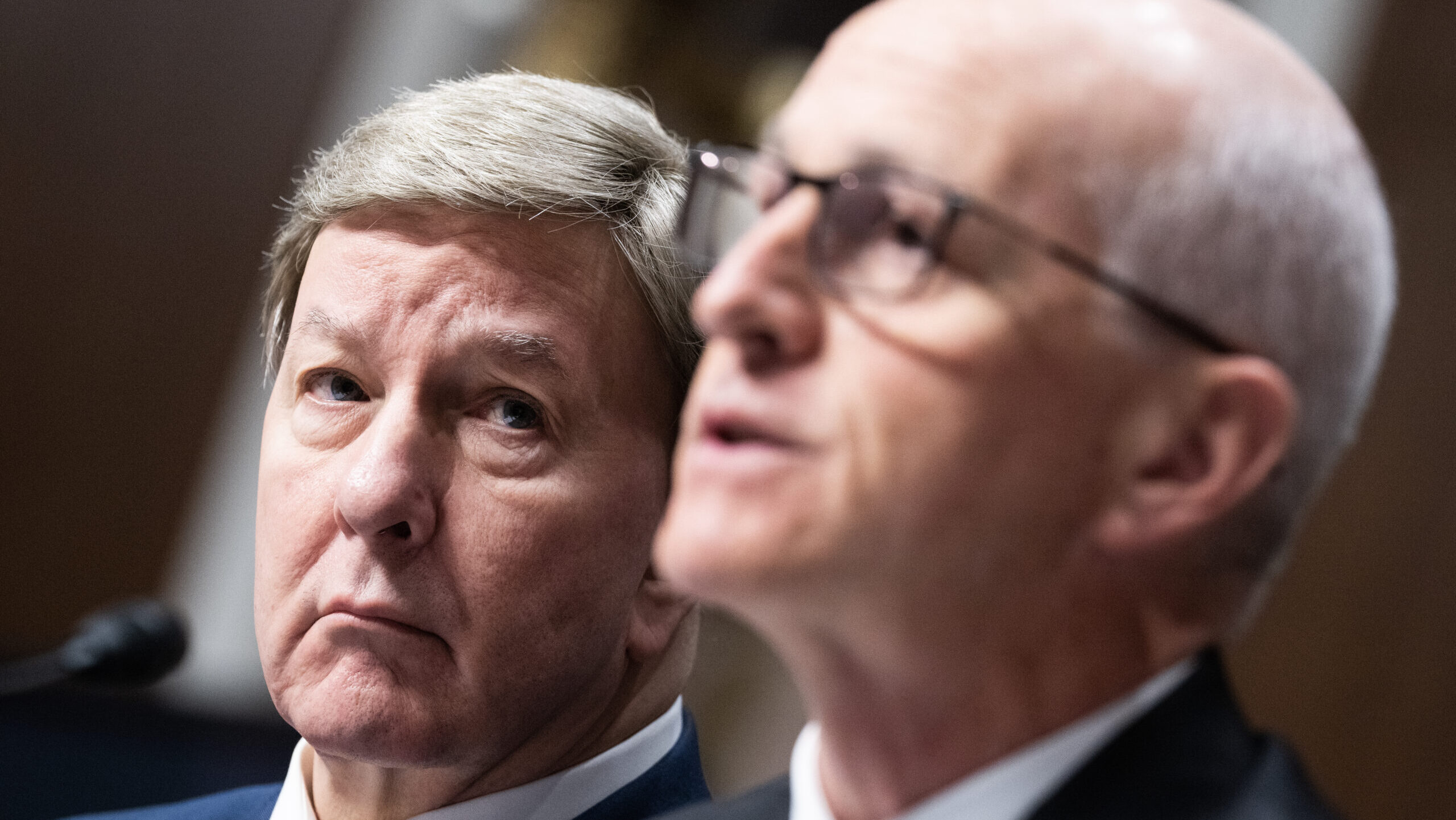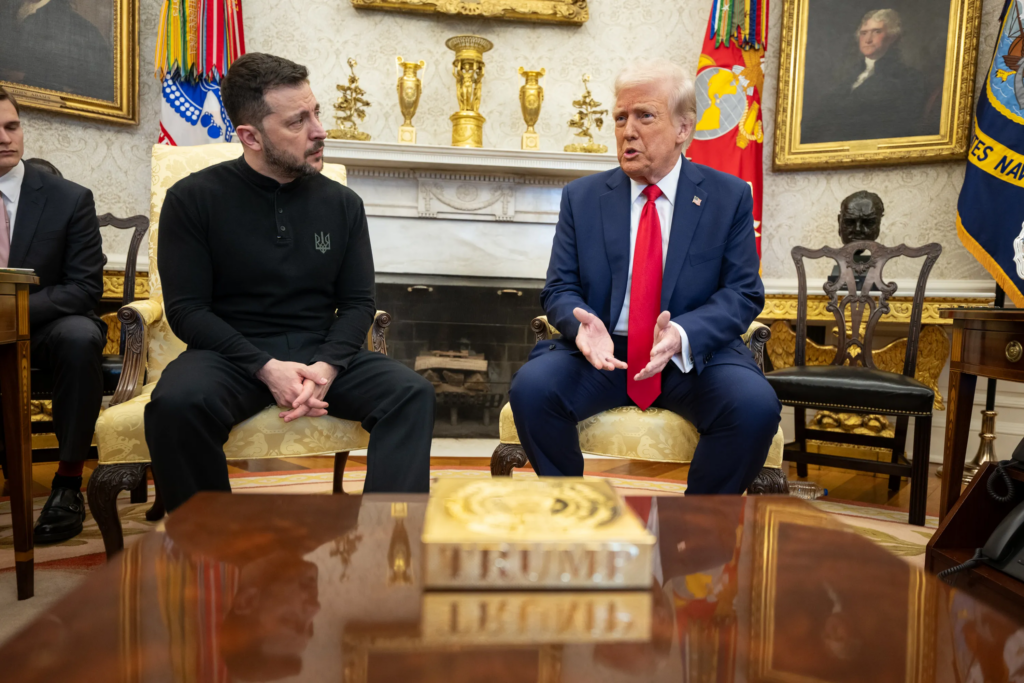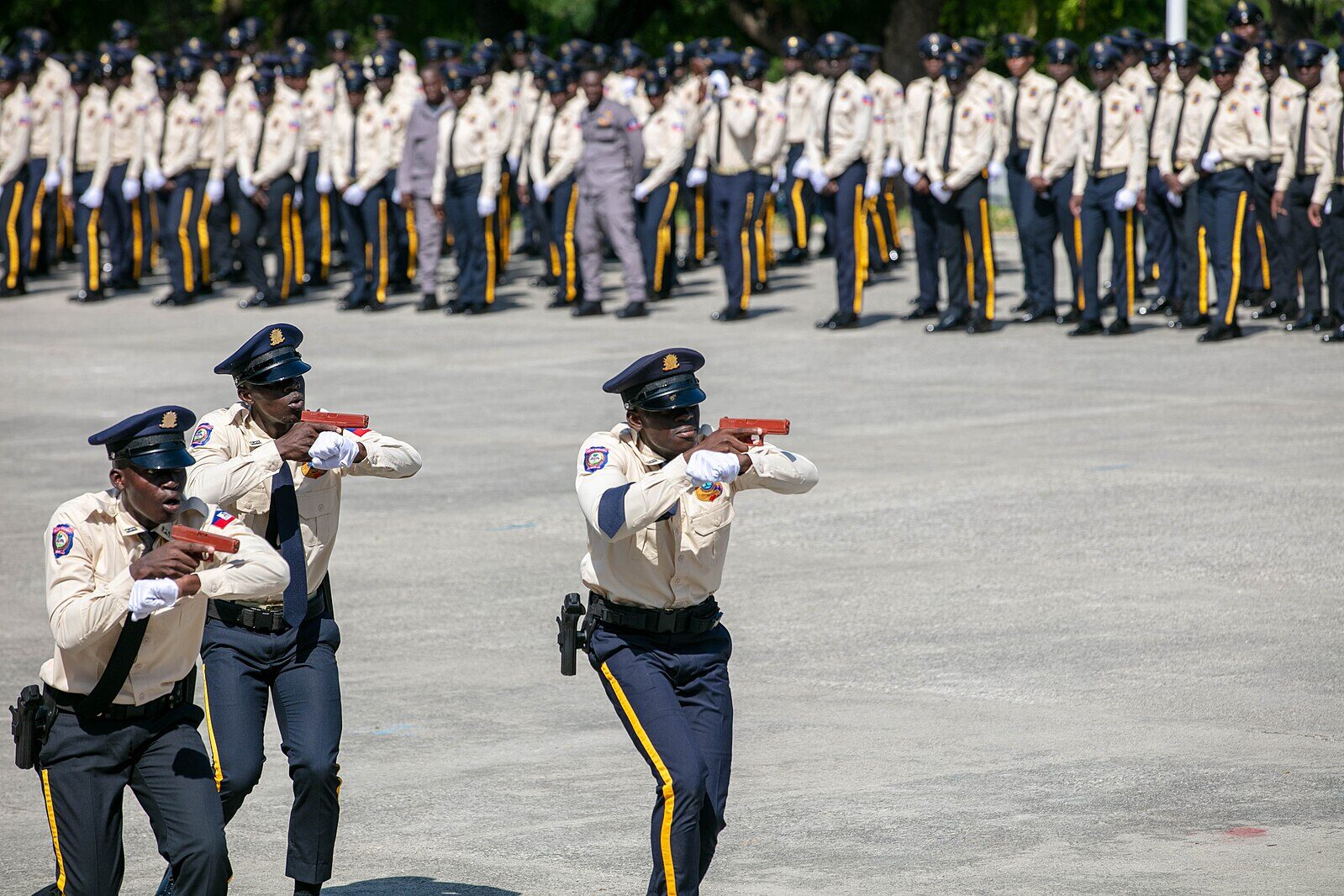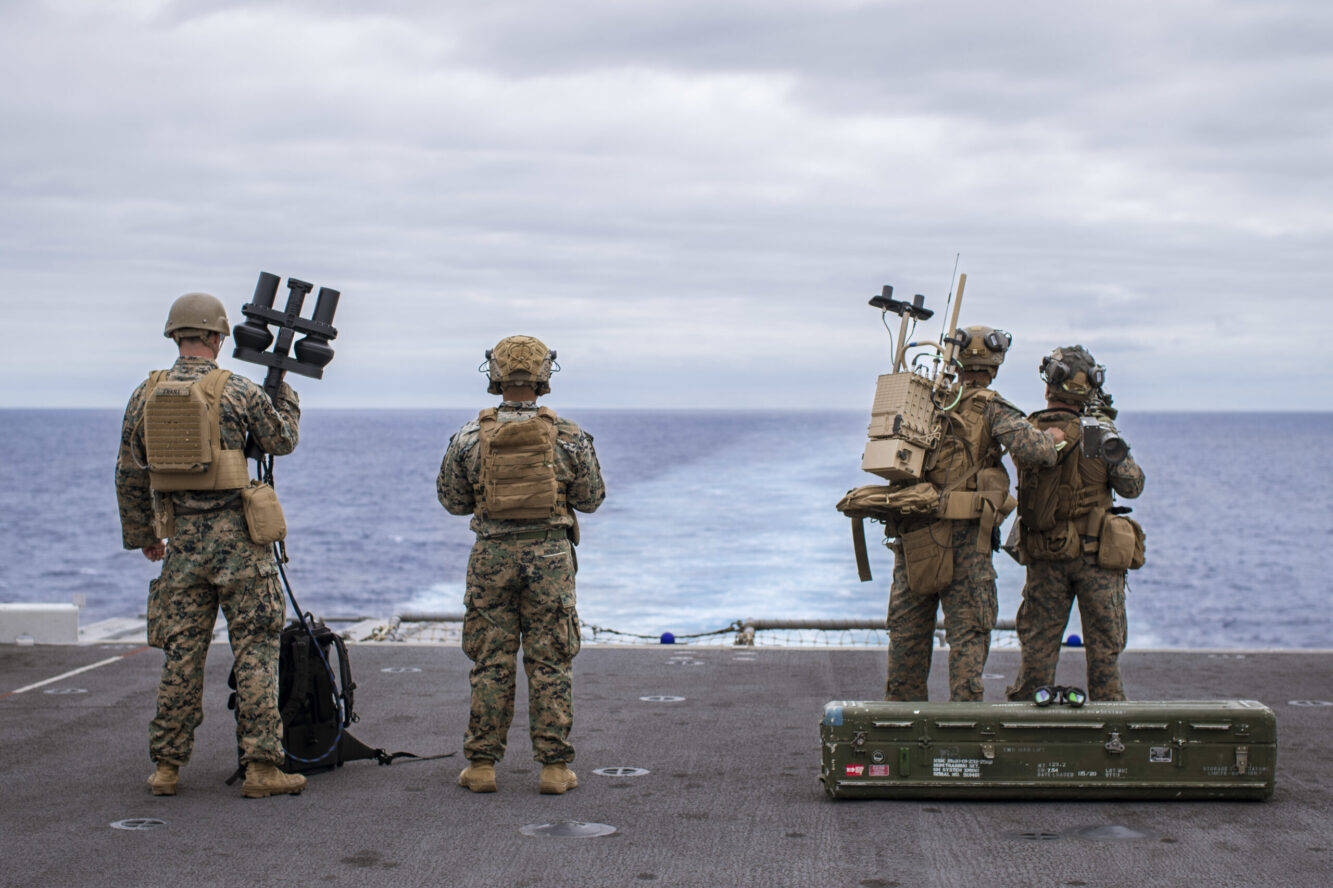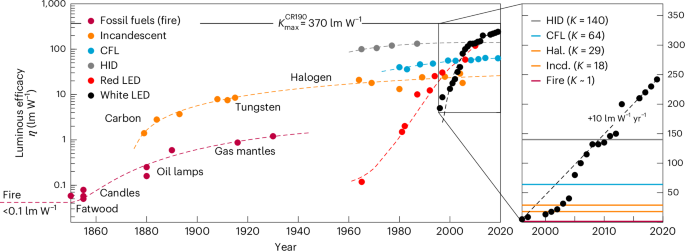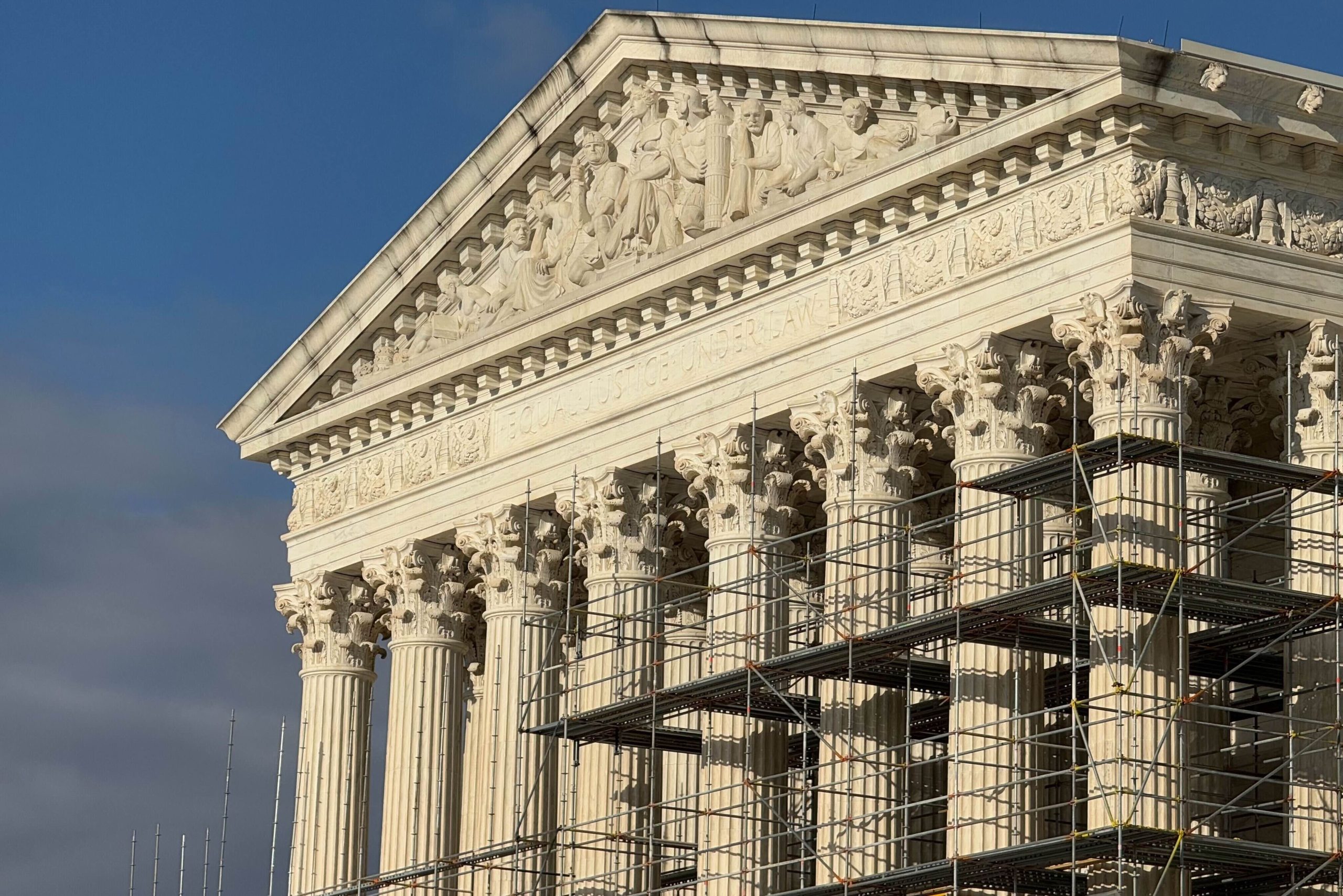Justices appear sympathetic to victims of SWAT raid on the wrong house
The Supreme Court on Tuesday morning was sympathetic to the victims of a “wrong house” raid in 2017, with several justices expressing surprise at the federal government’s efforts to contend that the actions of FBI agents were shielded from liability because their acts were discretionary. But it was not clear whether that their skepticism of the agents’ conduct would lead to the result that the victims were seeking. The case began when a six-agent SWAT team, led by FBI Special Agent Lawrence Guerra, conducted a pre-dawn raid on the suburban Atlanta home where Hilliard Toi Cliatt, his then-partner, Curtrina Martin, and Martin’s seven-year-old son were living. The team broke down the front door with a battering ram and set off a flashbang grenade. The team then pulled Cliatt out of the closet where he had been hiding with Martin and handcuffed him, and it held both of them at gunpoint. When agents questioned Cliatt and he mentioned his address – 3756 Denville Trace – they realized that the SWAT team had raided the wrong house: Their warrant was for 3741 Landau Lane, the home of a gang member that they were targeting. But Guerra had not confirmed the address on the home’s mailbox before authorizing the start of the raid. Martin and Cliatt sued the federal government under the Federal Tort Claims Act, a 1946 law that allows people to sue the federal government (which would normally otherwise be immune) for injuries or property loss caused by government employees “while acting within the scope of” their office, when a private person could also be held liable for the same conduct in the same jurisdiction. Both the district court and the U.S. Court of Appeals for the 11th Circuit ruled for the government, prompting Martin and Cliatt to come to the Supreme Court, which agreed last year to take up their case. As the case came to the Supreme Court, it focused on two questions. The first was the interaction (or lack thereof) between two different parts of the FTCA. A provision known as the “discretionary function” exception bars claims under the FTCA that are “based upon the exercise or performance or the failure to exercise or perform a discretionary function or duty on the part of a federal agency or an employee of the Government, whether or not the discretion involved is abused.” Another provision, known as the “law-enforcement proviso,” allows claims arising out of “assault, battery, false imprisonment, false arrest, abuse of process, or malicious prosecution” committed by federal law-enforcement officers. The 11th Circuit ruled that Martin and Cliatt could not bring claims for wrongdoing that were not covered by the law-enforcement proviso – for example, their claims for negligence, trespass, and infliction of emotional distress. Representing Martin and Cliatt, Patrick Jaicomo told the justices on Tuesday that the discretionary-function exception never applies to claims under the law-enforcement proviso. Indeed, he noted, in 1974 Congress added the law-enforcement proviso precisely to “ensure a legal remedy for the intentional torts of federal police.” If the claims that “Congress amended the statute to affirmatively guarantee” are not covered, he asked, “what is left of the Federal Tort Claims Act?” Jaicomo faced some skepticism about the potential breadth of the rule for which he was advocating. Justice Clarence Thomas asked how the justices should determine “how far a proviso like this applies,” while Justice Ketanji Brown Jackson suggested that the two provisions might not always be “mutually exclusive.” “I wonder,” she said, “whether the kinds of policy determinations that I thought the discretionary function was about could arise in some law enforcement circumstances,” even if they did not here. Justice Sonia Sotomayor expressed concern that Martin and Cliatt were asking the justices “to answer a question we didn’t grant” review to decide. Justice Neil Gorsuch suggested that the Supreme Court should send the case back to the 11th Circuit for another look, telling Jaicomo that his clients’ case would be “an awkward vehicle” to address broader issues because “it really wasn’t teed up for us that way.” Jaicomo resisted that suggestion, countering that such a result “will also implicitly be saying that the exact sort of case that Congress amended this act to allow is going to be doomed by the Eleventh Circuit’s precedent.” Representing the federal government, Assistant to the U.S. Solicitor General Frederick Liu argued that the law-enforcement proviso does not carve out an exception to the discretionary-function exception – which in turn bars Martin and Cliatt’s claims. Sotomayor was dubious that Congress intended to prohibit these kinds of claims, telling Liu that Congress had adopted the law-enforcement proviso after a wrong-house raid in Collinsville, Ill. Why would it bother to do so, she queried, “if we accept that they had the discretion to think there wa
The Supreme Court on Tuesday morning was sympathetic to the victims of a “wrong house” raid in 2017, with several justices expressing surprise at the federal government’s efforts to contend that the actions of FBI agents were shielded from liability because their acts were discretionary. But it was not clear whether that their skepticism of the agents’ conduct would lead to the result that the victims were seeking.
The case began when a six-agent SWAT team, led by FBI Special Agent Lawrence Guerra, conducted a pre-dawn raid on the suburban Atlanta home where Hilliard Toi Cliatt, his then-partner, Curtrina Martin, and Martin’s seven-year-old son were living. The team broke down the front door with a battering ram and set off a flashbang grenade. The team then pulled Cliatt out of the closet where he had been hiding with Martin and handcuffed him, and it held both of them at gunpoint.
When agents questioned Cliatt and he mentioned his address – 3756 Denville Trace – they realized that the SWAT team had raided the wrong house: Their warrant was for 3741 Landau Lane, the home of a gang member that they were targeting. But Guerra had not confirmed the address on the home’s mailbox before authorizing the start of the raid.
Martin and Cliatt sued the federal government under the Federal Tort Claims Act, a 1946 law that allows people to sue the federal government (which would normally otherwise be immune) for injuries or property loss caused by government employees “while acting within the scope of” their office, when a private person could also be held liable for the same conduct in the same jurisdiction. Both the district court and the U.S. Court of Appeals for the 11th Circuit ruled for the government, prompting Martin and Cliatt to come to the Supreme Court, which agreed last year to take up their case.
As the case came to the Supreme Court, it focused on two questions. The first was the interaction (or lack thereof) between two different parts of the FTCA. A provision known as the “discretionary function” exception bars claims under the FTCA that are “based upon the exercise or performance or the failure to exercise or perform a discretionary function or duty on the part of a federal agency or an employee of the Government, whether or not the discretion involved is abused.” Another provision, known as the “law-enforcement proviso,” allows claims arising out of “assault, battery, false imprisonment, false arrest, abuse of process, or malicious prosecution” committed by federal law-enforcement officers.
The 11th Circuit ruled that Martin and Cliatt could not bring claims for wrongdoing that were not covered by the law-enforcement proviso – for example, their claims for negligence, trespass, and infliction of emotional distress.
Representing Martin and Cliatt, Patrick Jaicomo told the justices on Tuesday that the discretionary-function exception never applies to claims under the law-enforcement proviso. Indeed, he noted, in 1974 Congress added the law-enforcement proviso precisely to “ensure a legal remedy for the intentional torts of federal police.” If the claims that “Congress amended the statute to affirmatively guarantee” are not covered, he asked, “what is left of the Federal Tort Claims Act?”
Jaicomo faced some skepticism about the potential breadth of the rule for which he was advocating. Justice Clarence Thomas asked how the justices should determine “how far a proviso like this applies,” while Justice Ketanji Brown Jackson suggested that the two provisions might not always be
“mutually exclusive.” “I wonder,” she said, “whether the kinds of policy determinations that I thought the discretionary function was about could arise in some law enforcement circumstances,” even if they did not here.
Justice Sonia Sotomayor expressed concern that Martin and Cliatt were asking the justices “to answer a question we didn’t grant” review to decide.
Justice Neil Gorsuch suggested that the Supreme Court should send the case back to the 11th Circuit for another look, telling Jaicomo that his clients’ case would be “an awkward vehicle” to address broader issues because “it really wasn’t teed up for us that way.”
Jaicomo resisted that suggestion, countering that such a result “will also implicitly be saying that the exact sort of case that Congress amended this act to allow is going to be doomed by the Eleventh Circuit’s precedent.”
Representing the federal government, Assistant to the U.S. Solicitor General Frederick Liu argued that the law-enforcement proviso does not carve out an exception to the discretionary-function exception – which in turn bars Martin and Cliatt’s claims.
Sotomayor was dubious that Congress intended to prohibit these kinds of claims, telling Liu that Congress had adopted the law-enforcement proviso after a wrong-house raid in Collinsville, Ill. Why would it bother to do so, she queried, “if we accept that they had the discretion to think there was danger, with or without a warrant, the emergency doctrine exception would let them break down the door.”
Gorsuch was also unconvinced. He pressed Liu, asking incredulously whether there was no policy indicating that federal officers should not break down the wrong door of a house or “traumatize its occupants? Really?”
The second question before the court arose from the 11th Circuit’s ruling that Martin and Cliatt’s claims under the law-enforcement proviso were also barred under the Constitution’s supremacy clause, which provides that the Constitution and federal laws are “the supreme Law of the Land” and state laws cannot supersede them. Applying its earlier decisions, the court of appeals explained that the federal government can rely on the clause as a defense against state-law liability in FTCA cases if it can show that the government official’s acts “have some nexus with furthering federal policy” and “can reasonably be characterized as complying with the full range of federal law.”
When the case came to the Supreme Court, the federal government agreed with Martin and Cliatt that the 11th Circuit’s ruling on the supremacy clause was wrong – although it contended that the justices did not need to reach that question in the first place. The court therefore appointed Christopher Mills, a former clerk to Thomas, to defend the 11th Circuit’s decision, but the justices had relatively few questions for him on Tuesday.
In his questioning of Liu, Justice Brett Kavanaugh (who was otherwise fairly quiet) outlined a possible disposition of the case. The court can say that the supremacy clause does not block Martin and Cliatt’s claims, he suggested. And it can say that the law-enforcement provision only applies to the provision of the FTCA carving out an exception from liability for intentional torts. “And we can stop there,” he posited, “and leave questions about how to apply the discretionary function exception to the facts of this case for remand” to the court of appeals. It seemed like at least five justices might be on board for such a ruling.
A decision is expected by late June or early July.
The post Justices appear sympathetic to victims of SWAT raid on the wrong house appeared first on SCOTUSblog.


































